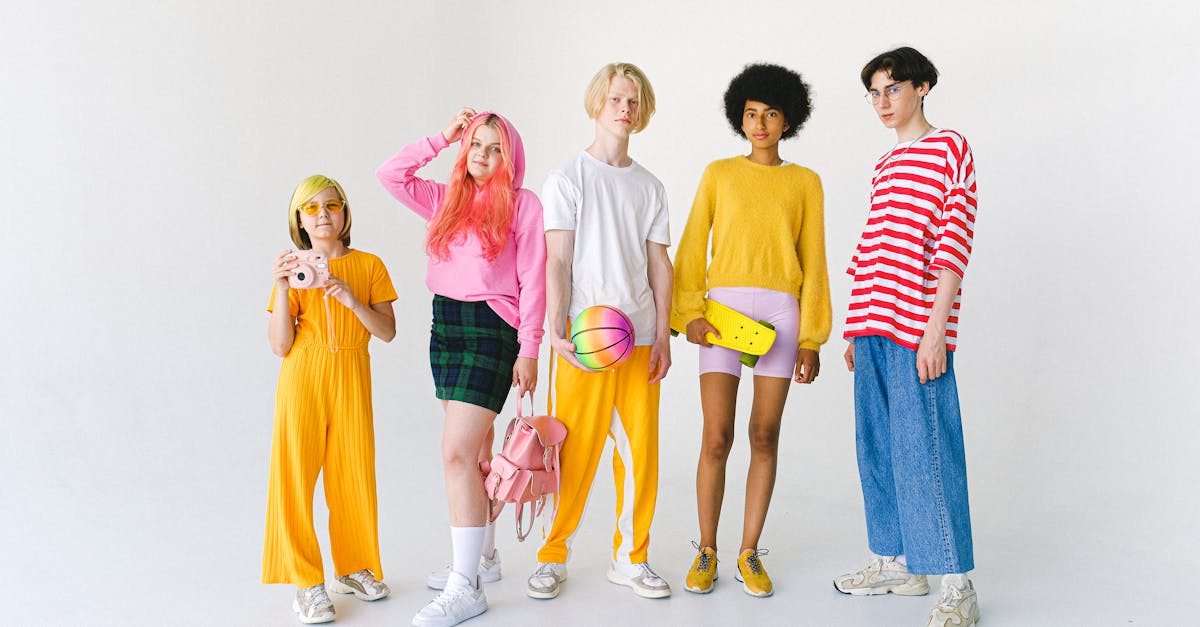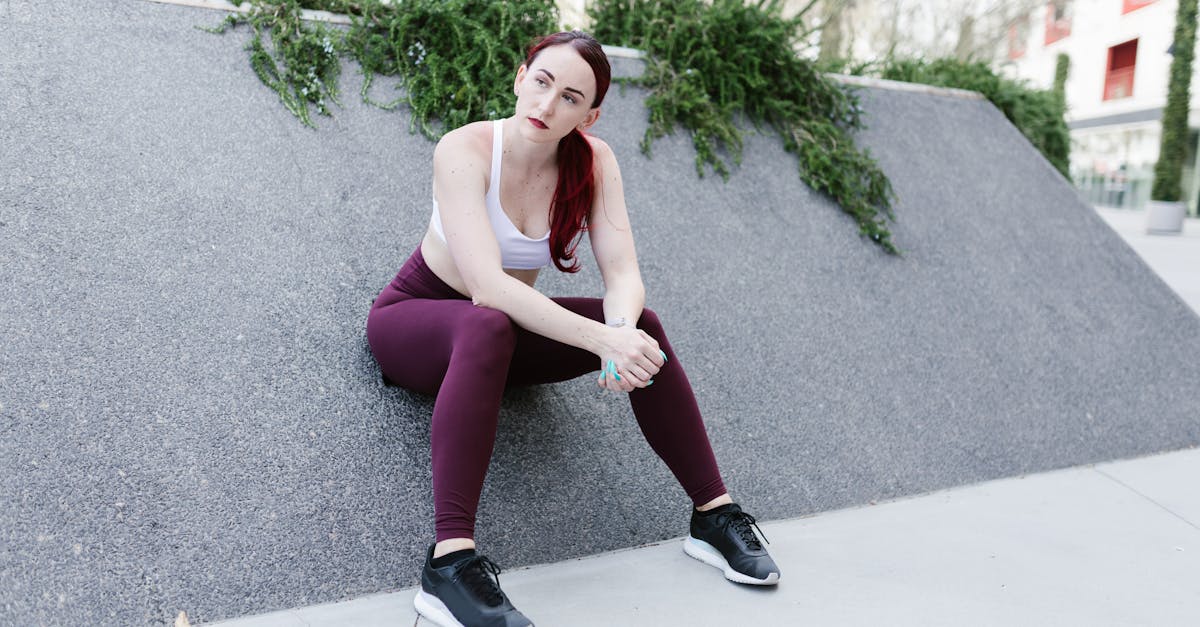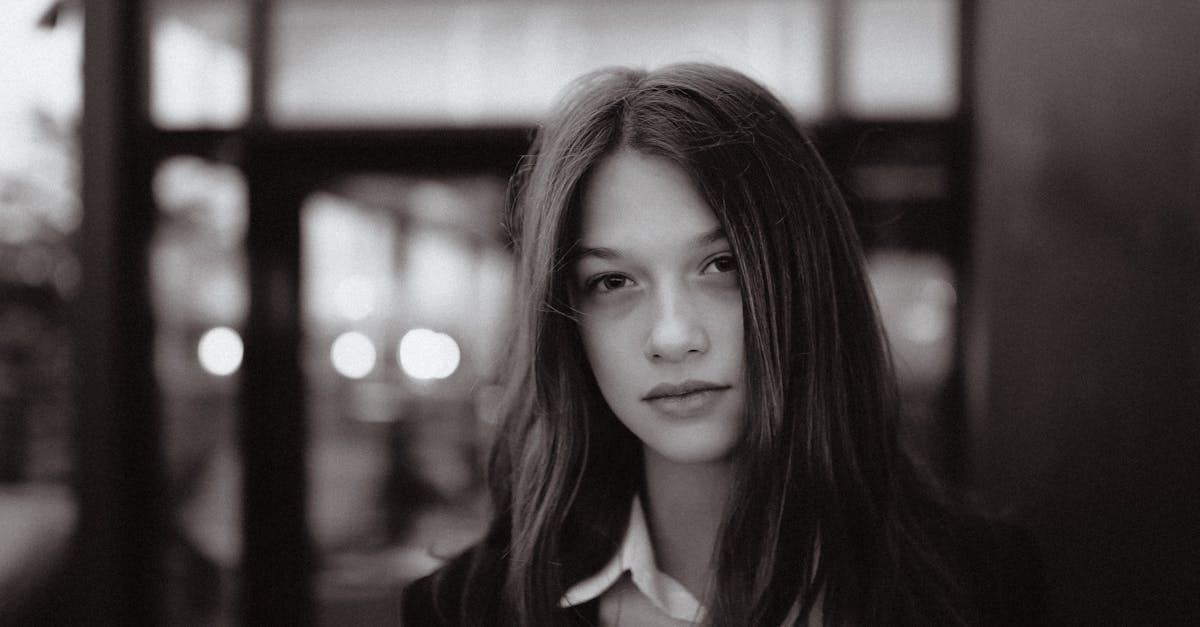Pop Culture's 2024 Influence on Entertainment and Fashion
Introduction
Pop culture continues to be a dynamic force in shaping entertainment and fashion, especially in 2024. As celebrity fashion takes center stage, notable developments in entertainment fashion reveal the growing influence of digital media. Iconic red carpet looks and viral fashion trends define an era where technology merges seamlessly with creativity, creating a cultural landscape that is both innovative and deeply rooted in self-expression. This article explores how pop culture, driven by celebrities, social media, and technological advancements, is redefining fashion and entertainment, making them more interactive, inclusive, and impactful than ever before.

Advertisement
Celebrity Fashion
In 2024, celebrity fashion remains a critical lens through which pop culture is interpreted. Stars like Zendaya, Timothée Chalamet, and Billie Eilish are not just entertainers but also sartorial pioneers, using their platforms to push fashion boundaries and set trends. Zendaya, for instance, has become synonymous with bold, gender-fluid ensembles that challenge traditional norms, while Timothée Chalamet’s eclectic mix of high fashion and streetwear has redefined red carpet dressing for men.
These celebrities are not just wearing clothes; they are making statements. Whether it’s Zendaya’s futuristic metallic gowns or Chalamet’s avant-garde suits, their fashion choices often carry deeper messages about identity, sustainability, and social issues. Their influence extends beyond the red carpet, as they use social media to share behind-the-scenes glimpses of their styling process, making fashion more relatable and accessible to their fans.
The rise of celebrity stylists like Law Roach and Petra Flannery has also played a significant role in shaping this new era of celebrity fashion. These stylists work closely with designers to create looks that are not only visually stunning but also culturally relevant, further cementing the connection between pop culture and fashion.

Advertisement
Entertainment Industry Evolution
The entertainment industry is constantly evolving, blending traditional media with new digital platforms to create fresh forums for fashion to flourish. Streaming services like Netflix, Hulu, and Disney+ have become cultural powerhouses, producing content that not only entertains but also influences fashion trends. Shows like Euphoria and Emily in Paris have turned their cast members into fashion icons, with viewers eagerly replicating their looks.
Social media platforms like TikTok and Instagram have further amplified this influence, allowing celebrities to debut looks and engage with fans in real-time. For example, a single Instagram post or TikTok video can spark a global trend overnight, as fans rush to emulate their favorite stars. This immediacy has made entertainment fashion more interactive and accessible, breaking down the barriers between celebrities and their audiences.
The integration of fashion into entertainment has also given rise to new opportunities for collaboration. Designers are increasingly partnering with filmmakers and showrunners to create custom wardrobes that enhance storytelling and character development. This synergy between fashion and entertainment is redefining how we consume both, creating a more immersive and engaging experience for audiences.

Advertisement
Fashion Trends of 2024
2024's fashion trends reflect a fascinating confluence of nostalgia and innovation. Bright neons, retro patterns, and digitized prints are dominating the runways, offering a fresh take on classic styles. Designers are drawing inspiration from the '90s and early 2000s, reimagining iconic looks for a modern audience. Think slip dresses, cargo pants, and chunky sneakers, but with a contemporary twist.
At the same time, adaptive fashion is emerging as a significant trend, focusing on inclusion and sustainability. Brands like Tommy Hilfiger and Nike are leading the charge, creating clothing that is both stylish and functional for people with disabilities. This shift towards inclusivity is not just a trend but a movement, reflecting society’s growing demand for fashion that is accessible to all.
Sustainability is also a key theme in 2024, with designers exploring innovative materials and production methods to reduce their environmental impact. From upcycled fabrics to zero-waste designs, the fashion industry is embracing a more eco-conscious approach, aligning with the values of a new generation of consumers.

Advertisement
Red Carpet Looks
Red carpets remain iconic stages for debuting bold and creative outfits. Events like the Academy Awards, Met Gala, and Cannes Film Festival are not just about celebrating achievements in entertainment; they are also fashion spectacles that set the tone for upcoming trends. Designers use these platforms to showcase their craftsmanship and contemporary design, often creating pieces that are as much works of art as they are clothing.
This year’s red carpet looks have been particularly striking, with celebrities using their outfits to make powerful statements. For example, at the 2024 Met Gala, several attendees wore designs that addressed issues like climate change, gender equality, and mental health. These outfits are more than just fashion; they are a form of activism, using the red carpet as a platform to raise awareness and spark conversations.
The red carpet has also become a space for experimentation, with celebrities and designers pushing the boundaries of traditional fashion. From unconventional silhouettes to bold color choices, these looks challenge our perceptions of beauty and style, inspiring fans to think outside the box.

Advertisement
Viral Fashion Phenomena
Social media is vital to shaping viral fashion, rapidly spreading trends across demographics. Platforms like TikTok, Instagram, and YouTube have become breeding grounds for new styles, with challenges, reels, and vlogs showcasing the latest looks. Fashion trends like the '90s revival, oversized blazers, and cottagecore have gained momentum through these digital tributes, propelled by influencers and young enthusiasts.
One of the most notable viral fashion phenomena of 2024 is the rise of “DIY fashion,” where users share tutorials on how to upcycle old clothing or create trendy pieces from scratch. This movement not only promotes sustainability but also empowers individuals to express their creativity and individuality.
The speed at which trends spread on social media has also changed the way brands operate. Fashion houses are now designing collections with social media in mind, creating pieces that are visually striking and easily shareable. This shift has democratized fashion, allowing anyone with a smartphone to participate in the global fashion conversation.

Advertisement
Role of Social Media Influencers
Social media influencers wield unparalleled influence over fashion consumption. Figures like Emma Chamberlain, James Charles, and Addison Rae have become the new gatekeepers of style, curating looks that captivate global audiences. Their ability to connect with followers on a personal level makes them powerful advocates for brands, often driving sales and shaping trends with a single post.
Influencers are not just promoting fashion; they are redefining it. By showcasing diverse styles and body types, they are challenging traditional beauty standards and encouraging their followers to embrace their individuality. Their presence at marquee fashion events, from Fashion Week to brand launches, further reinforces their role as key players in the modern fashion narrative.
Brands are increasingly collaborating with influencers to create exclusive collections and campaigns, recognizing their ability to reach and engage target audiences. This partnership between influencers and fashion houses is reshaping the industry, making it more inclusive and responsive to consumer preferences.

Advertisement
Influence of Fashion Week
Fashion Week in 2024 defies boundaries by blending physical and digital showcases. While traditional runway shows in cities like Paris, Milan, and New York remain a cornerstone of the industry, virtual access has become equally important. Designers are leveraging technology to create immersive experiences that allow global audiences to engage with their collections in real-time.
For example, some brands are using augmented reality (AR) to bring their runway shows to life, allowing viewers to interact with the clothing and accessories in a virtual space. Others are live-streaming their shows on social media, making them accessible to anyone with an internet connection. This shift towards digital inclusivity is not just a response to the pandemic but a reflection of the industry’s evolving priorities.
Fashion Week has also become a platform for innovation, with designers experimenting with new materials, techniques, and technologies. From 3D-printed garments to AI-generated designs, the runway is a space for creativity and experimentation, pushing the boundaries of what fashion can be.

Advertisement
Digital Media's Impact
From live streaming to AR try-ons, digital media is revolutionizing how fashion is illustrated and consumed. Brands are utilizing these innovations to reach consumers directly, creating personalized shopping experiences that are both engaging and convenient. Augmented reality apps, for instance, allow users to virtually try on clothing and accessories, making it easier to make informed purchasing decisions.
Social commerce is another significant trend, with platforms like Instagram and TikTok integrating shopping features that allow users to buy products directly from their feeds. This seamless integration of content and commerce is transforming the way we shop, making it more instantaneous and interactive.
Digital media is also changing the way fashion is marketed. Brands are using data analytics to understand consumer behavior and tailor their campaigns accordingly. This data-driven approach not only enhances the shopping experience but also allows brands to connect with their audiences on a deeper level.

Advertisement
Conclusion
In conclusion, pop culture profoundly influences entertainment and fashion in 2024. With digital media at its core, celebrity fashion and viral trends fuel a cultural renaissance that is both innovative and inclusive. As traditional and contemporary styles merge, the fashion landscape illustrates how deeply rooted cultural expression intertwines with technological innovation.
The synergy between fashion and entertainment is creating a new era of creativity and engagement, where boundaries are blurred, and possibilities are endless. As we move forward, the integration of technology, sustainability, and inclusivity will continue to shape the future of fashion, making it more dynamic and impactful than ever before. In this ever-evolving landscape, one thing is clear: fashion is not just about clothing; it’s about culture, identity, and the stories we tell.

Advertisement


